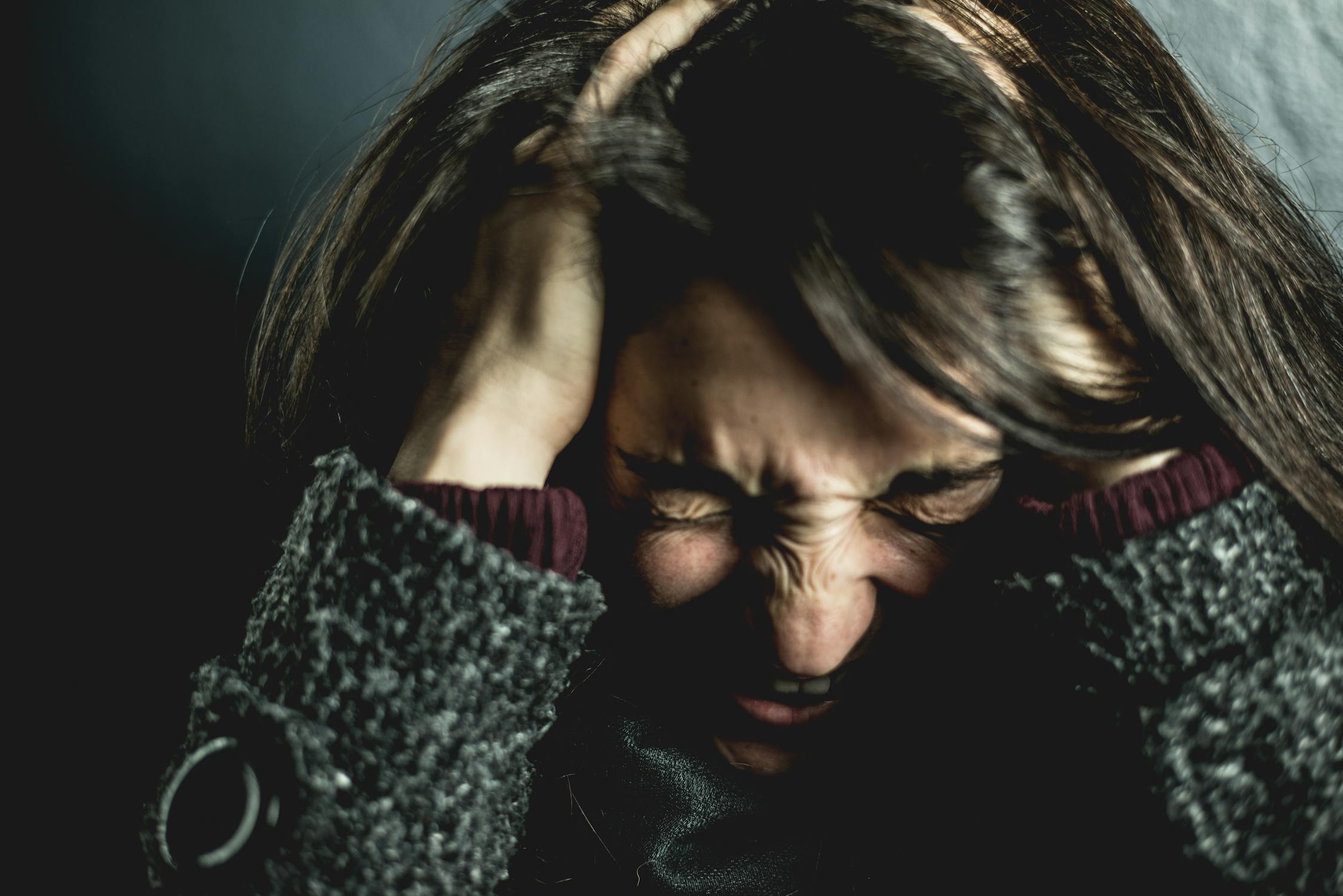
If you suffer from anxiety, you’re not alone. According to the Anxiety and Depression Association of America, 18 percent of Americans suffer from anxiety. Yet only one in three of those who suffer from it seeks treatment. Thankfully, there are many effective and easy-to-access anxiety treatments that can allow more people to find the help they need.
Cognitive Behavioral Therapy
Cognitive Behavioral Therapy (CBT) is a form of psychotherapy that is often used to treat anxiety. The goal is to change your self-talk. Many people benefit from CBT because it changes thought patterns that contribute to their anxiety.
Antidepressants
Antidepressants are often the first-line drug approach for anxiety treatment. About 1 in 8 people takes an antidepressant for various conditions, according to a recent government study. Selective serotonin reuptake inhibitors (SSRIs) like Prozac are commonly prescribed. However, not everyone responds to SSRIs, and other types of antidepressants are approved for anxiety. This year, the FDA approved a nasal form of ketamine as an antidepressant. Ketamine is also used as an antidepressant in other forms too. Because it requires close monitoring, it’s best to find a qualified ketamine treatment center to administer this medication.
Benzodiazepines
This medication class includes sedatives like Xanax. Benzodiazepines work by slowing down brain activity and the nervous system. They are often prescribed for short-term or occasional use for panic disorder and other anxiety conditions.
Beta-Blockers
These drugs work by blocking adrenaline, a chemical that can increase your heart rate and blood pressure. Low dose beta-blockers like propranolol have been used for years for people who have stage fright. In addition to slowing down the heart rate, they dampen the “fight or flight” response.
Natural Remedies
Of course, therapy and drugs are not the only treatments out there and some people prefer more natural remedies. Some studies have found that oral lavender oil can reduce anxiety. Yoga and meditation are also popular and can calm your sympathetic nervous system, partly because they promote deep, diaphragmatic breathing. While some people find relief through relaxation, others find it through regular exercise. The Anxiety and Depression Association says exercise may be effective at combating anxiety because it conditions the body to withstand stress better. Short walks can be just as useful as long workouts. Exercise also releases endorphins, the body’s feel-good hormones.
While these are common treatment options, no method is right for everyone. As with any medical condition, consult with your doctor or a qualified mental health professional before you begin any anxiety treatment.

